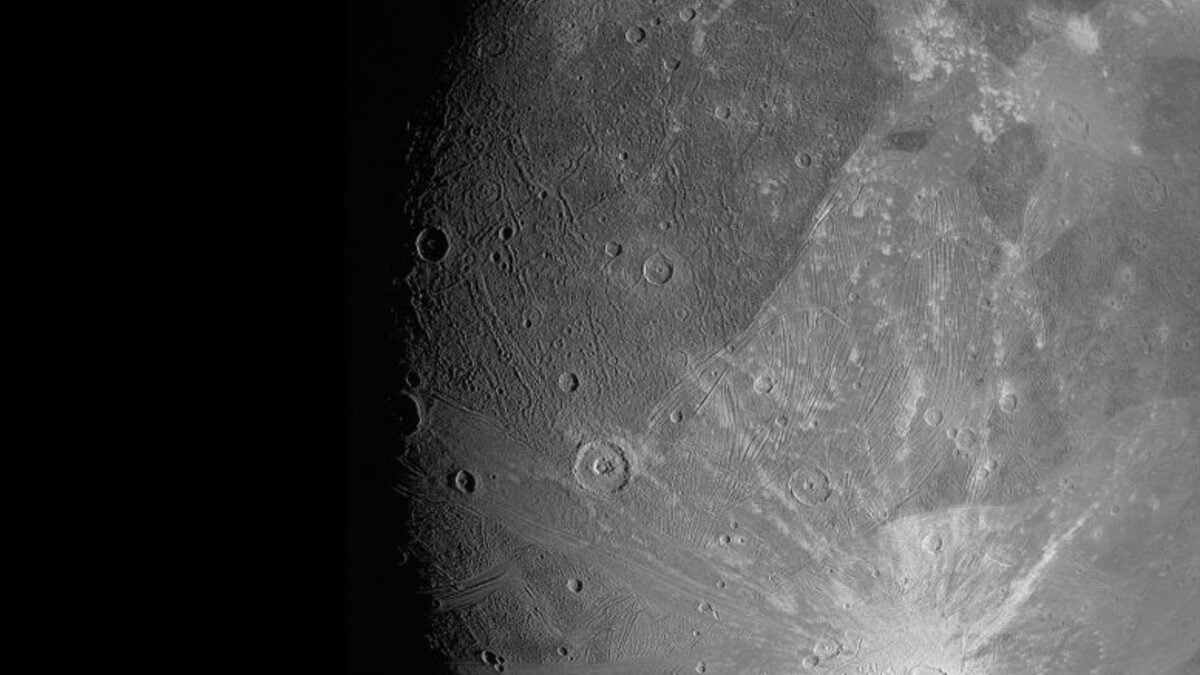NASA’s Juno spacecraft flew closer to Jupiter’s largest moon than any other in more than two decades, offering dramatic glimpses of the icy orb. The first two images from NASA Juno’s June 7, 2021, flyby of Jupiter’s giant moon Ganymede have been received on Earth. The photos – one from the Jupiter orbiter’s JunoCam imager… Continue reading NASA’S JUNO SPACECRAFT CAPTURED SOME DRAMATIC IMAGES OF THE ICY ORB, GANYMEDE
Tag: Jupiter
GEMINI GETS LUCKY AND TAKES A DEEP DIVE INTO JUPITER’S CLOUDS
Researchers using a technique known as “lucky imaging” with the Gemini North telescope on Hawaii’s Maunakea have collected some of the highest resolution images of Jupiter ever obtained from the ground. These images are part of a multi-year joint observing program with the Hubble Space Telescope in support of NASA’s Juno mission. The Gemini images, when combined with the Hubble and Juno observations, reveal that lightning strikes, and some of the largest storm systems that create them, are formed in and around large convective cells over deep clouds of water ice and liquid. The new observations also confirm that dark spots in the famous Great Red Spot are actually gaps in the cloud cover and not due to cloud colour variations.
